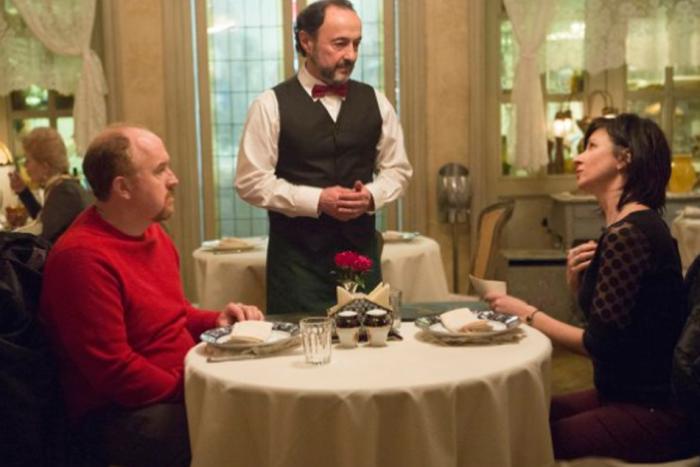We can all admit that, while we’ll quibble over where the exact threshold is, there’s some point at which additional wealth is just piling excess on top of the indefensible. When billionaires compete over whose mega-yacht has not just one helipad, but two helipads, or two helipads and a submarine launch, it’s pretty clear that they live in another galaxy from those of us who actually need to know what our bank balances are, never mind those who are legitimately struggling.
So it’s kind of quaint that the nouveau riche of the developing world have adopted one of the world’s more venerable status symbols as one of their newest: apparently, butlers are the new marker of wealth in China and in the oil-rich countries of the Middle East. But not just any butlers: white, European butlers—a sign, surely, that you can afford not just on-demand human labour of the kind the global one percent naturally assumes is available, but the kind of on-demand human labour that only chose to fly across the goddamn planet because you made it worth his while.
Reading David Katz in GQ, it’s pretty clear that these butlers are being alienated from their labour, albeit not in the classic Marxist sense of the phrase; the actual services they provide are secondary to the signals they send. There’s no shortage of people willing to take the abuse of people with more money than time in this universe, and it’s fair to assume most of them could be trained up to the standards of your median pale-skinned butler. But here, at least, we’ve found the comparative advantage of well-trained white people in a world where that’s an increasingly thin category: being the prize honky in a world where wealth is increasingly non-white.
Sure, global capitalism may have gotten out of the mass employment business, preferring to automate the necessary jobs and eliminate the rest, but it’s good to know that if you’re willing to leave all of your friends and family to command what turn out to be pretty decent wages as a walking, talking billboard for your employers’ wealth, you’ve got options.
(This is, of course, the same choice non-white folk have been making for decades when they come to primarily-white countries: going where the money is. So let’s not assume they had any less agency than these butlers do, and let’s not get maudlin about some notional loss of dignity for men working in service.)
What is worth dwelling on is how much this is the shape of things to come. Employment growth in the US from 1990-2008 came overwhelmingly from “non-tradable” sectors, i.e. something that can’t be outsourced. What this ends up meaning in practice is: government jobs, health care, education (including universities), and then the spectrum of service, from retail jobs (whoops, never mind!) to yoga instructors and hairstylists. Butlers are arguably at the high end of that spectrum, but entirely within the brackets.
There will, of course, never be enough billionaires and millionaires on the planet to employ us all, or even just those of us who furtively type Downton Abbey fan-fic. Well, either that or, by the time the ownership class is that large, some jag will perfect the robot butler, and that will be built by other robots, too, and we’ll still be out of luck.
The allegedly good news is that the market for service is a lot larger than just butlers, and the market for things that feel like personalized service but are in fact a commodity interaction (“I bet you think strippers like you too”) is larger still.
So if you can swallow your pride and hold your tongue, congratulations: you’ve got a job in the 21st century! Provided your boss doesn’t see your tweets about his cologne.
If hiring an actual butler is out of your price range, why not give Charles MacPherson's The Butler Speaks a read?






